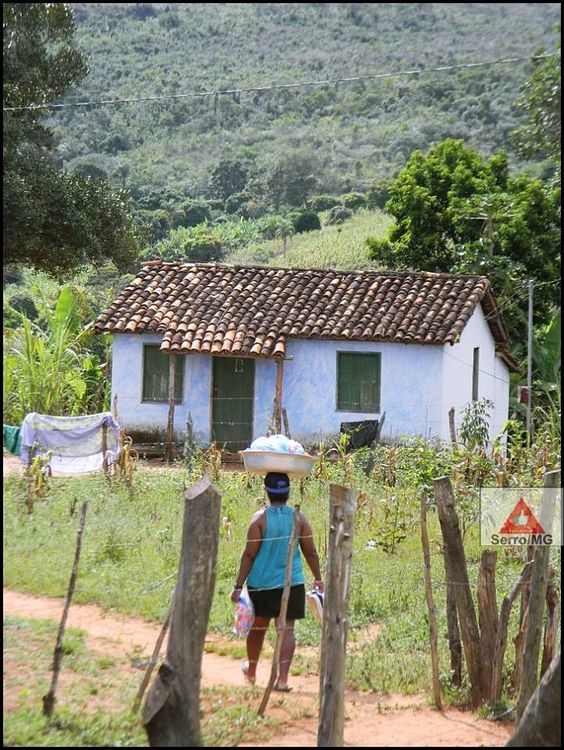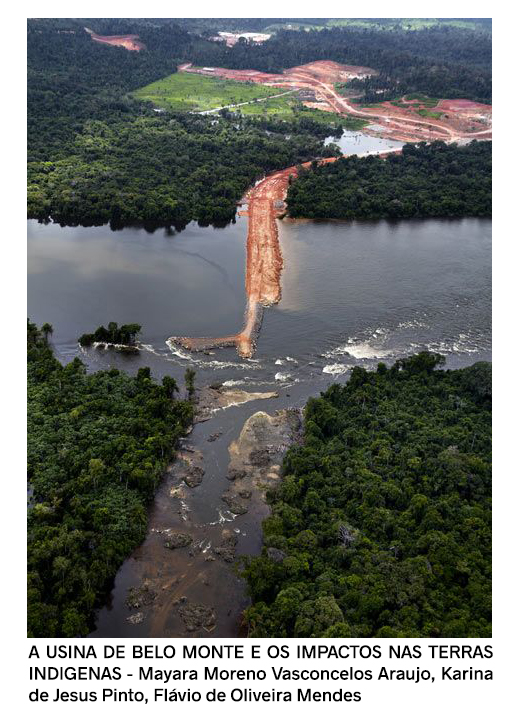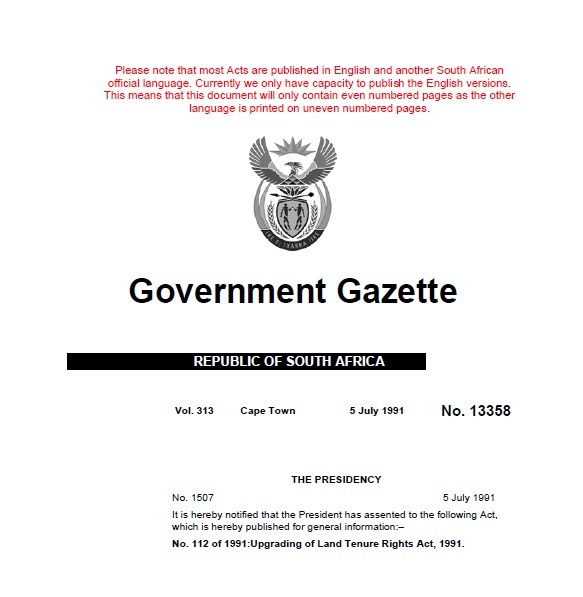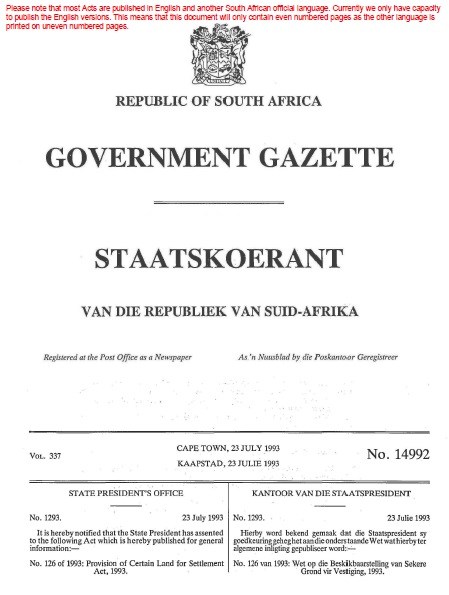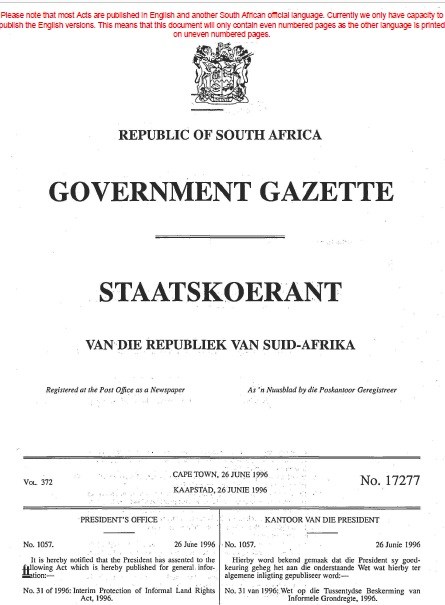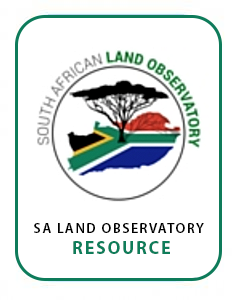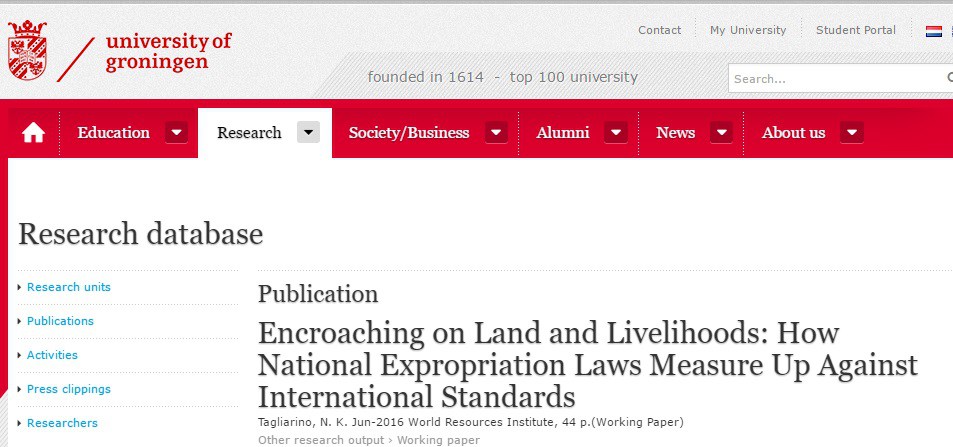Geografia, gênero e contra-espaço: mulheres no assentamento Serra Dourada – Goiás/GO - Brasil
A Geografia é uma ciência que estuda o espaço (re)produzido a partir das relações sociais - dentre as quais as de gênero - estabelecidas no âmbito do trabalho social e conduzidas pelas demandas hegemônicas do capital. A concentração fundiária do município de Goiás/GO é um reflexo dessas demandas, representando a espacialização do capitalismo no Brasil e evidenciando as desigualdades inerentes desse sistema, por exemplo, ao impedir que parcela de camponesas e camponeses tivessem a possibilidade de se (re)produzirem social, cultural e economicamente, a partir do acesso a terra.

